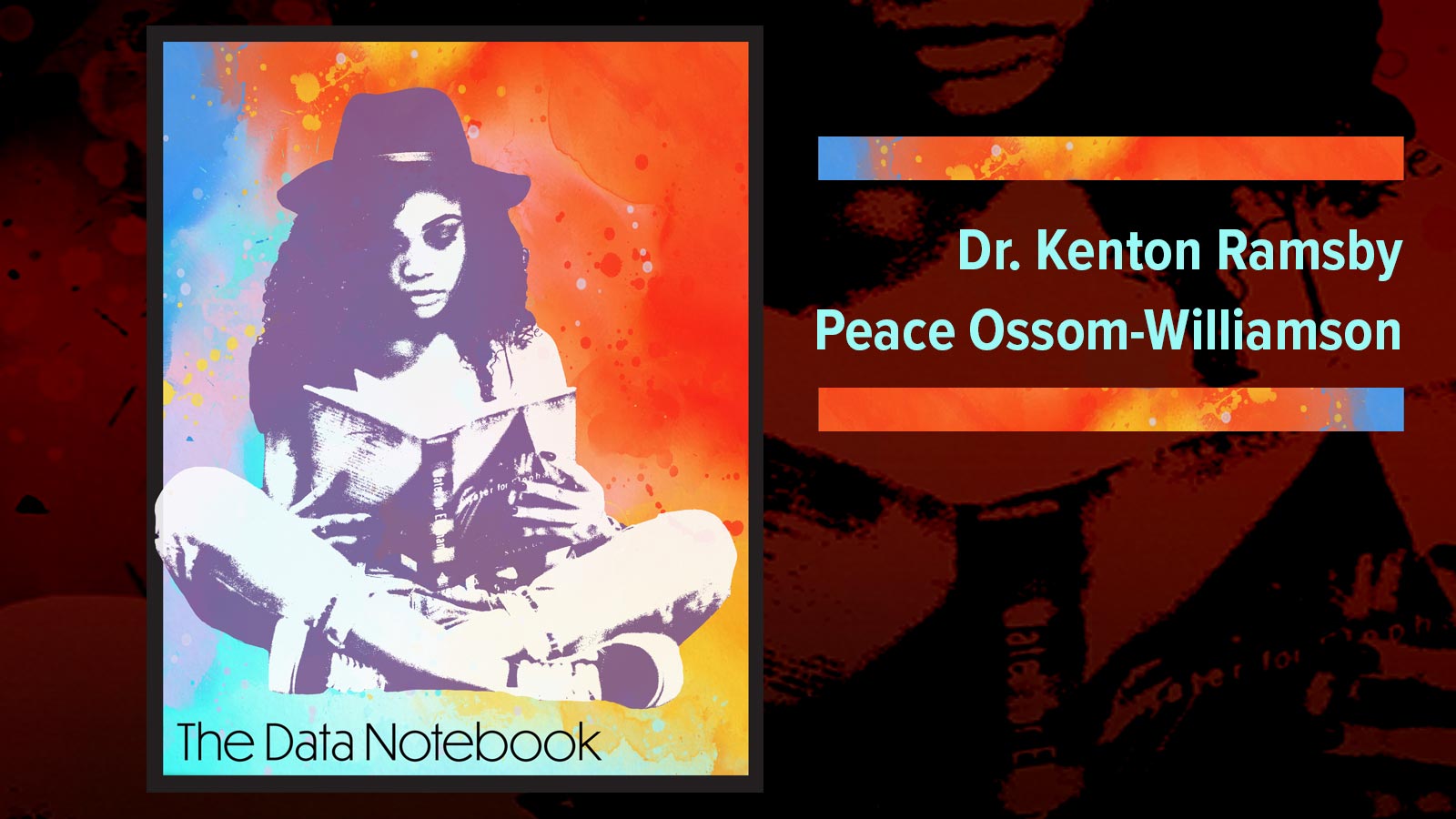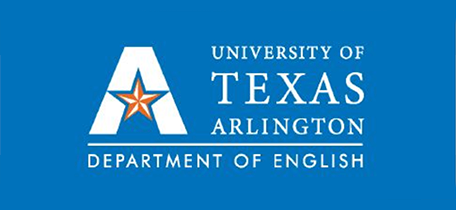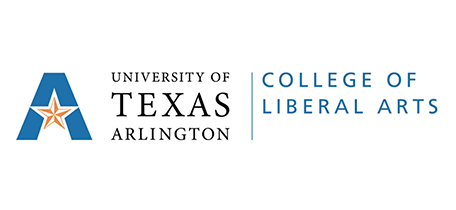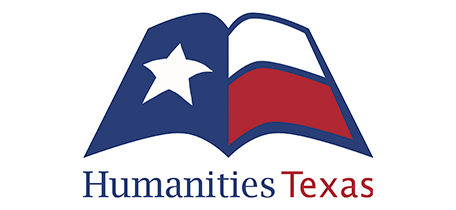Data, Humanities, & Society Symposium
Have you ever read a news article that references technology and really large numbers? “200 billion tweets are sent on Twitter every year.” “5.6 billion search queries are made on Google each day.” “720,000 hours of video are uploaded to YouTube every day.”
Many people struggle to interpret large numbers accurately and properly put them in context. That's where visualizations come in handy. Visualizations help us to comprehend the scale of data and put it into visual terms we can easily process.
This symposium will provide attendees with ways for thinking about the large numbers that define participation in the contemporary online world. We will focus on data storytelling as a way to make sense of large amounts of information.
The symposium also showcases projects by UTA students and faculty. To gain some practical experience, attendees will have a chance to participate in an interactive training session and use Tableau Public to produce visualizations.
DATE Nov. 12, 2021 8:30 a.m. ~ 10:45 a.m.
Save The Date
Add To Your Favorite Calendar AppLOCATION Online - Teams
What You Will Learn and Love
To learn more about data driven research, visit https://uta.pressbooks.pub/datanotebook to read The Data Notebook. This free, open-sourced book is an online suite of interactive resources that provide instructional materials for introductory data analytics and data visualization approaches relevant to a wide range of subjects and disciplines.

Tangible Skillsets
- #1 - Understand data-driven research concepts
- #2 - Gain knowledge related to data storytelling
- #3 - Learn how to use Tableau Public
- #4 - Analyze structured data
- #5 - Transform structured data into visualizations
Symposium Reservations
Data are only as good
as your story
Speakers and Bios
This year we are priviledged to bring 4 speakers to model and guide you through creating your own data-driven story or analysis.
Bios
Dr. Kenton Ramsby
is an Assistant Professor of African American Literature at the University of Texas at Arlington. His ongoing Digital Humanities projects use datasets to illuminate the significance of recurring trends and thematic shifts as it relates Black writers and rappers.
Ashley Johnson
is pursuing a PhD in English at the University of Texas at Arlington, specializing in Medieval English Literature and culture with a focus in Children's Literature and Arthurian Literature.
Bailey Cannon
is pursuing her MA in History at the University of Texas at Arlington. Her research interests include 20th-century United States and World History, focusing specifically on United States and international politics. Originally from the Kansas City, Missouri area, Bailey graduated from Texas Christian University in the Spring of 2018 with a degree in History and Political Science and has been a teacher at The Oakridge School in Arlington for three years.
Dr. Amy Earhart
is Associate Professor of English and an affiliated faculty of Africana Studies at Texas A&M University. In 2020, Earhart received a NEH-Mellon Fellowship for Digital Publication for her book length digital project “Digital Humanities and the Infrastructures of Race in African-American Literature.” She has also won numerous teaching awards, including the University Distinguished Achievement Award. Earhart has published scholarship on a variety of digital humanities topics, with work that includes a monograph Traces of Old, Uses of the New: The Emergence of Digital Literary Studies (U Michigan Press 2015), a co-edited collection The American Literature Scholar in the Digital Age (U Michigan Press, 2010), and a number of articles and book chapters in volumes.
Symposium Schedule
Plan ahead to see when and what you will be learning.
Symposium Sessions
- 08:30 a.m. - 08:35 a.m.
- 08:35 a.m. - 09:00 a.m.
- 09:00 a.m. - 09:25 a.m.
- 09:30 a.m. - 10:00 a.m.
- 10:05 a.m. - 10:40 a.m.
- 10:40 a.m. - 10:45 a.m.
-
Opening RemarksDr. Kevin Porter, English Department Chair and Symposium Chair +
-
What is Data-Driven Research?Presented by Dr. Kenton Ramsby+
In this opening session, Dr. Kenton Rambsy will explain why putting data in context is so important. He will guide the audience through an interactive discussion about how to use visualizations to interpret large bodies of data.
-
Data-driven Research ProjectsPresented by Ashley Johnson and Bailey Cannon +
This session highlights the diverse research environment at UTA by highlighting a range of data driven projects by two graduate students Ashley Johnson and Bailey Cannon. In this lightning round of presentations, they will explain their experiences working with data and how it led them to ask different questions about and produce different types of research projects.them to ask different questions about and produce different types of research projects.
-
Interactive Demonstration—Data Storytelling with Tableau PublicSignifying & Sampling: Visualizing Jay-Z’s Music +
In this interactive demonstration, Dr. Rambsy will explain how the rapper Jay-Z can serve as a gateway figure to scholarship at the intersections of literature and data storytelling. Audience members will use Tableau Public, a free online visualization software, to create a interactive visualization related to the various samples in Brooklyn born rapper’s music. In preparation for this session, audience members will need to download Tableau Public, create accounts for free, and also download a pre-assembled dataset from UTA’s Dataverse.
Download Tableau Public +Download Jay-Z Sample Data +Read Chapter on Getting Started With Public Data +Watch Jay-Z Data Storytelling Training Video + -
Symposium KeynotePresented by Dr. Amy Earhart +
In this session, Dr. Amy Earhart will discuss practical tips and steps related to how to get started in Digital Humanities and offer advice to students and teachers about to implement methodologies into their work.
-
Closing RemarksDr. Kevin Porter, English Department Chair and Symposium Chair +
Sponsors for the Data, Humanities, & Society Symposium
This event was made possible by a grant from Humanities TX and additional financial support from The University of Texas College of Liberal Arts.
Frequently asked questions
Some frequently asked questions for you.
What is data-driven research?
Data driven research is a sub-field of digital humanities that revolves around analyzing and filtering large datasets for the purpose of gaining insight about a particular topic.
Is this event free to attend?
Will this conference be recorded or archived?
Yes. We will have a link. Make sure to register to get an email to the archived link.
How will the virtual conference be hosted?
This symposium will be hosted on Teams. Here is a link to information to download the free video conference platform.
How much background knowledge will I need?
No background knowledge is needed. To prepare for the interactive session, please take a moment to review the documents data-driven research.
Are there any resources I can read to prepare for the online symposium?
Yes. Use this link to The Data Notebook and read all the chapters in Part 1. This will provide you with a foundational knowledge of content that will be discussed during the symposium.








